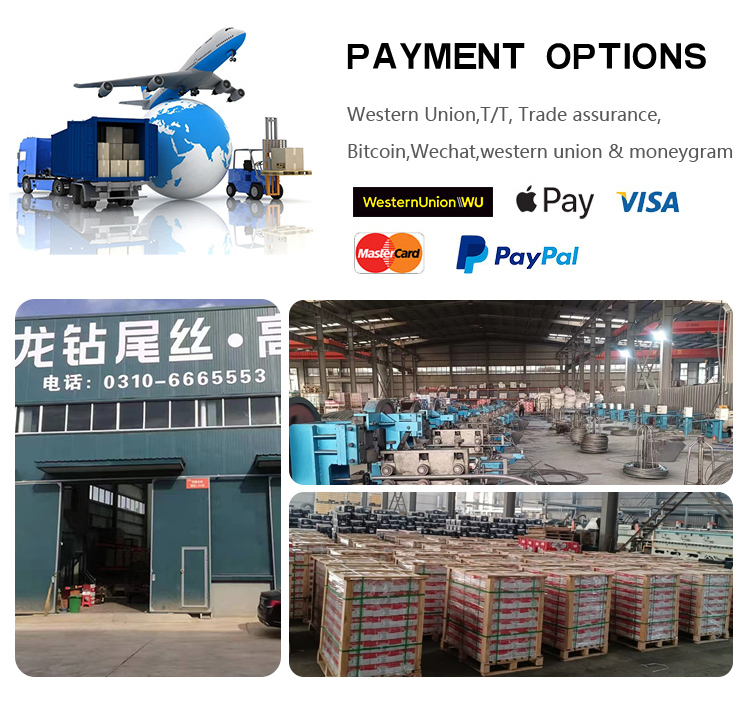china structural washer
The Importance of Structural Washers in Modern Construction
In the evolving landscape of modern construction, structural components play a pivotal role in ensuring the integrity and stability of structures. Among these components, structural washers, specifically designed for high-stress applications, have gained significant attention for their crucial functionality. This article will explore the different types of structural washers, their applications, and their importance in the construction industry.
Understanding Structural Washers
Structural washers are flat, disc-shaped metal pieces used in conjunction with bolts and nuts to distribute load more evenly across a surface. Their primary function is to prevent damage to the material being fastened and to minimize the chances of loosening due to vibration. Washers come in various shapes, sizes, and materials, with each type engineered for specific applications.
Types of Structural Washers
1. Flat Washers The most common type, flat washers, are used to evenly distribute the load of a fastener. They are essential in applications where a large surface area is required to prevent crushing of materials.
2. Lock Washers These washers are designed to prevent fasteners from loosening. Lock washers come in various designs, including split, tooth, and wave, and are commonly used in areas subjected to vibration, like bridges and highways.
3. Penny Washers With a larger outer diameter than standard flat washers, penny washers provide a greater bearing surface. They are primarily utilized in thin materials to prevent pull-through.
4. Beveled Washers These are used when there is an angular surface or to create a specific preload on the fastener, ensuring that the load is distributed properly over the components.
5. Sealing Washers These include a rubber or plastic sealing material to prevent leakage or inhibit corrosion between surfaces. They are crucial in applications such as hydraulic systems or water-tight seals.
china structural washer

Applications in Construction
Structural washers are ubiquitous in the construction industry
. They find their application in various systems, including- Steel Structures In steel construction, washers are essential for securing steel beams and columns, ensuring that the connections withstand significant loads and environmental stresses. - Concrete and Masonry When anchoring bolts in concrete or masonry, washers provide the necessary support to prevent the bolt from causing damage to the surrounding material.
- Wood Construction In wood applications, washers help to distribute the load from screws and bolts, preventing wood from splitting and increasing the longevity of the joint.
- Pre-engineered Structures For prefabricated buildings, structural washers play a crucial role in ensuring all components fit together securely, facilitating faster and safer assembly of structures.
Importance of Quality and Standards
The importance of using high-quality structural washers cannot be overstated. These components are often subject to extreme conditions, including loads, vibrations, and environmental factors. Using substandard washers can lead to catastrophic failures, which could result in significant financial and human costs.
To ensure safety and reliability, structural washers must meet various industry standards. Organizations such as ASTM (American Society for Testing and Materials) and ISO (International Organization for Standardization) set stringent guidelines for materials, production processes, and performance characteristics of washers. Compliance with these standards guarantees that the washers used in construction and engineering applications are capable of performing their intended functions under specified conditions.
Conclusion
In summary, structural washers may seem like small components in the grand scheme of construction, but their role is undeniably significant. They provide enhanced load distribution, prevent damage to materials, and ensure the longevity of connections in various structural applications. As the construction industry continues to innovate and evolve, the importance of incorporating high-quality structural washers that meet rigorous standards will remain a top priority. By understanding and appreciating these essential components, engineers and builders can contribute to the safety and durability of the structures they create.
-
Top Choices for Plasterboard FixingNewsDec.26,2024
-
The Versatility of Specialty WashersNewsDec.26,2024
-
Secure Your ProjectsNewsDec.26,2024
-
Essential Screws for Chipboard Flooring ProjectsNewsDec.26,2024
-
Choosing the Right Drywall ScrewsNewsDec.26,2024
-
Black Phosphate Screws for Superior PerformanceNewsDec.26,2024
-
The Versatile Choice of Nylon Flat Washers for Your NeedsNewsDec.18,2024










